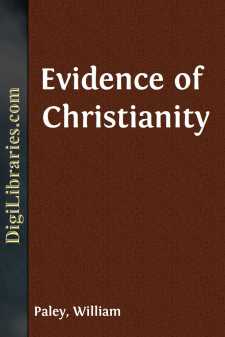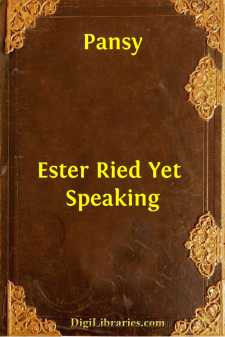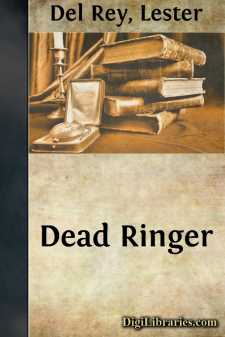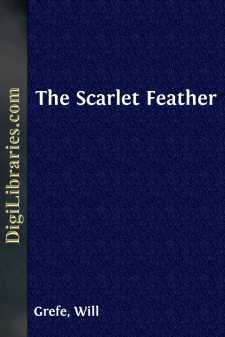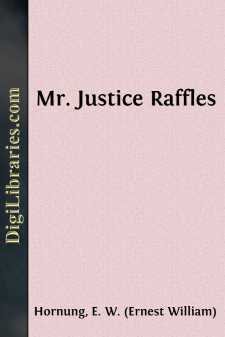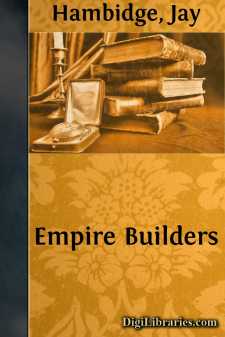Categories
- Antiques & Collectibles 13
- Architecture 36
- Art 48
- Bibles 22
- Biography & Autobiography 813
- Body, Mind & Spirit 142
- Business & Economics 28
- Children's Books 17
- Children's Fiction 14
- Computers 4
- Cooking 94
- Crafts & Hobbies 4
- Drama 346
- Education 46
- Family & Relationships 57
- Fiction 11829
- Games 19
- Gardening 17
- Health & Fitness 34
- History 1377
- House & Home 1
- Humor 147
- Juvenile Fiction 1873
- Juvenile Nonfiction 202
- Language Arts & Disciplines 88
- Law 16
- Literary Collections 686
- Literary Criticism 179
- Mathematics 13
- Medical 41
- Music 40
- Nature 179
- Non-Classifiable 1768
- Performing Arts 7
- Periodicals 1453
- Philosophy 64
- Photography 2
- Poetry 896
- Political Science 203
- Psychology 42
- Reference 154
- Religion 513
- Science 126
- Self-Help 84
- Social Science 81
- Sports & Recreation 34
- Study Aids 3
- Technology & Engineering 59
- Transportation 23
- Travel 463
- True Crime 29
Sort by:
INTRODUCTION Because of the rapid increase in knowledge about precious stones on the part of the buying public, it has become necessary for the gem merchant and his clerks and salesmen to know at least as much about the subject of gemology as their better informed customers are likely to know. In many recent articles in trade papers, attention has been called to this need, and to the provision which...
more...
by:
William Paley
PREPARATORY CONSIDERATIONS. I deem it unnecessary to prove that mankind stood in need of a revelation because I have met with no serious person who thinks that, even under the Christian revelation, we have too much light, or any degree of assurance which is superfluous. I desire, moreover, that in judging of Christianity, it may be remembered that the question lies between this religion and none: for,...
more...
by:
Pansy
CHAPTER I. "IT MAY BE THAT SHE IS WORKING STILL." It was raining drearily, and but few people were abroad—that is, few, comparatively speaking, though the streets seemed full of hurrying, dripping mortals. In the large dry-goods store business was by no means so brisk as on sunny days, and one of the younger clerks, whose station was near a window looking out upon the thoroughfare, had time...
more...
by:
Various
Burleigh, Northamptonshire. The above is a view of the grand screen and entrance lodges to Burleigh, or Burghley, the seat of the Cecil family, and now the property of the Marquess of Exeter. The house and principal part of the demesne, are within the parish of Stamford St. Martin, in the church of which are some costly monuments to several eminent persons of the Cecil family; and this estate gave...
more...
by:
Lester del Rey
There was nothing, especially on Earth, which could set him free—the truth least of all! Dane Phillips slouched in the window seat, watching the morning crowds on their way to work and carefully avoiding any attempt to read Jordan's old face as the editor skimmed through the notes. He had learned to make his tall, bony body seem all loose-jointed relaxation, no matter what he felt. But the...
more...
by:
Zoe Blade
From the roof of the legal bookstore, I have a clear shot at my target, Jon Russell. He's sitting down at a table outside a café where Chancery Lane meets Fleet Street, sipping a cardboard cup of coffee. I briefly ponder how ironic it seems that he's actually bought a drink; it must be for show, although there's no way that he can tell that right now he has a very specific audience....
more...
I THE CHILD AT HOME In one of the letters of Alice, Grand Duchess of Hesse, to her mother, Queen Victoria, she writes: "I try to give my children in their home what I had in my childhood's home. As well as I am able, I copy what you did." There is something essentially British in this point of view. The English mother, whatever her rank, tries to give her children in their home what she...
more...
by:
Will Grefe
CHAPTER I THE SHERIFF’S WRIT The residence of the Reverend John Swinton was on Riverside Drive, although the parish of which he was the rector lay miles away, down in the heart of the East Side. It was thus that he compromised between his own burning desire to aid in the cleansing of the city’s slums and the social aspirations of his wife. The house stood on a corner, within grounds of its own, at...
more...
CHAPTER I An Inaugural Banquet Raffles had vanished from the face of the town, and even I had no conception of his whereabouts until he cabled to me to meet the 7.31 at Charing Cross next night. That was on the Tuesday before the 'Varsity match, or a full fortnight after his mysterious disappearance. The telegram was from Carlsbad, of all places for Raffles of all men! Of course there was only one...
more...
by:
Jay Hambidge
I. A MASTER OF MEN Engine Number 206, narrow gauge, was pushing, or rather failing to push, the old-fashioned box-plow through the crusted drifts on the uptilted shoulder of Plug Mountain, at altitude ten thousand feet, with the mercury at twelve below zero. There was a wind—the winter day above timber-line without its wind is as rare as a thawing Christmas—and it cut like knives through any...
more...



